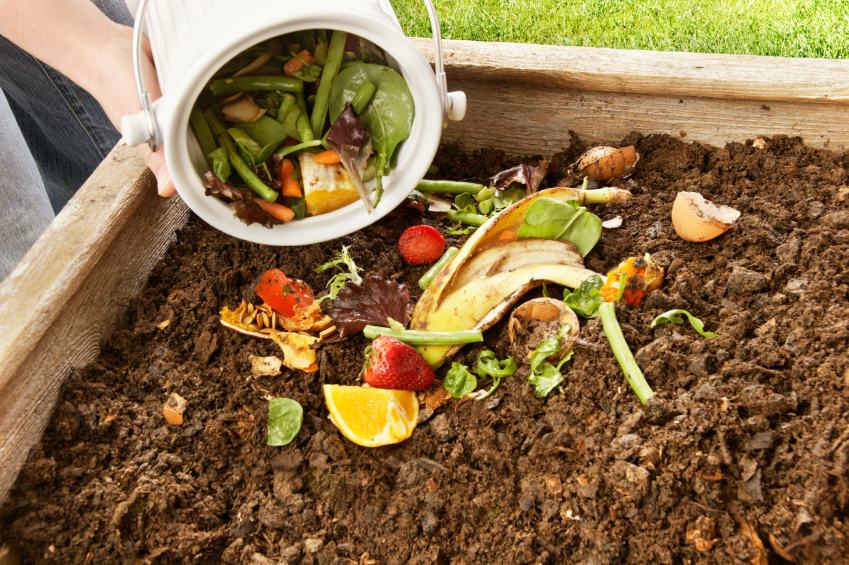The entire world is currently facing environmental challenges, and each and every country is turning to innovative and sustainable solutions to meet its energy needs without impacting the nature. One such groundbreaking approach is the production of biofuels and chemicals from organic solid waste. The newly innovative method will not only manage with the burgeoning waste crisis but also offers a renewable alternative to fossil fuels. Today we will be looking at the exciting world of sustainable recycling of organic solid waste and its role in shaping a cleaner, greener future.
How is recycling socially sustainable?
Before we get into the details about the innovative method, I think we need to explore this point seriously. Recycling is socially sustainable by fostering community engagement along with creating green jobs, and it also promoting environmental education. Through recycling initiatives, communities unite in a collective effort to reduce waste, conserve resources, and curb pollution. Recycling centers and programs provide employment opportunities, stimulating local economies and enhancing social well-being. It is worth mentioning that by emphasizing the importance of recycling, societies cultivate a sustainable mindset, nurturing a greener future for all and promoting a harmonious coexistence between humans and their environment.
 Harnessing the Power of Organic Solid Waste
Harnessing the Power of Organic Solid Waste
Organic solid waste is one of the essential factors to save environment as the same can able to discard lots of wastages from our landfills. This waste includes food scraps, agricultural residues, and yard trimmings, among other biodegradable materials. Instead of letting them decompose in landfills and emit harmful greenhouse gases, scientists and researchers have found ingenious ways to convert these organic materials into valuable biofuels and chemicals.
The Biofuel Production Process
Anaerobic Digestion: Organic waste undergoes anaerobic digestion, a natural biological process where microorganisms break down organic matter in the absence of oxygen. This process produces biogas, primarily methane, which can be used as a renewable energy source.
Biochemical Conversion: This particular method will enable us to convert the organic waste to bioethanol, a type of alcohol that can be blended with gasoline. Various microorganisms like bacteria and yeast play a crucial role in converting sugars present in organic waste into ethanol.
Thermochemical Conversion: Organic waste can be subjected to high temperatures and pressure, a process known as pyrolysis that will be capable to produce bio-oil. This bio-oil can be further refined to obtain biofuels like biodiesel, which can replace conventional diesel fuels in vehicles.
Chemical Production from Organic Waste
The organic waste is the ultimate source of valuable chemicals and the process of thermochemical conversion including gasification, can break down organic waste into syngas—a mixture of hydrogen and carbon monoxide. Syngas also features various chemicals, including methanol, ammonia, and hydrogen. The sustainable recycling of organic solid waste offers a plethora of environmental advantages.
So we believe that we could able to convey the importance of sustainable recycling of organic waste. We also want to say that everyone must be responsible in this case for a clean environment.
- About the Author
- Latest Posts
A passionate advocate for all natural and sustainable ideas. With a background in sustainable economics science and a deep love for nature, Sojy has dedicated his career to promoting eco-friendly practices and encouraging others to live a more sustainable lifestyle. He is an avid hiker, gardener, and cook, and loves experimenting with natural ingredients in his recipes and lifestyle routines. Sojy believes that small changes can make a big impact and is constantly seeking out new ways to reduce his carbon footprint and inspire others to do the same



